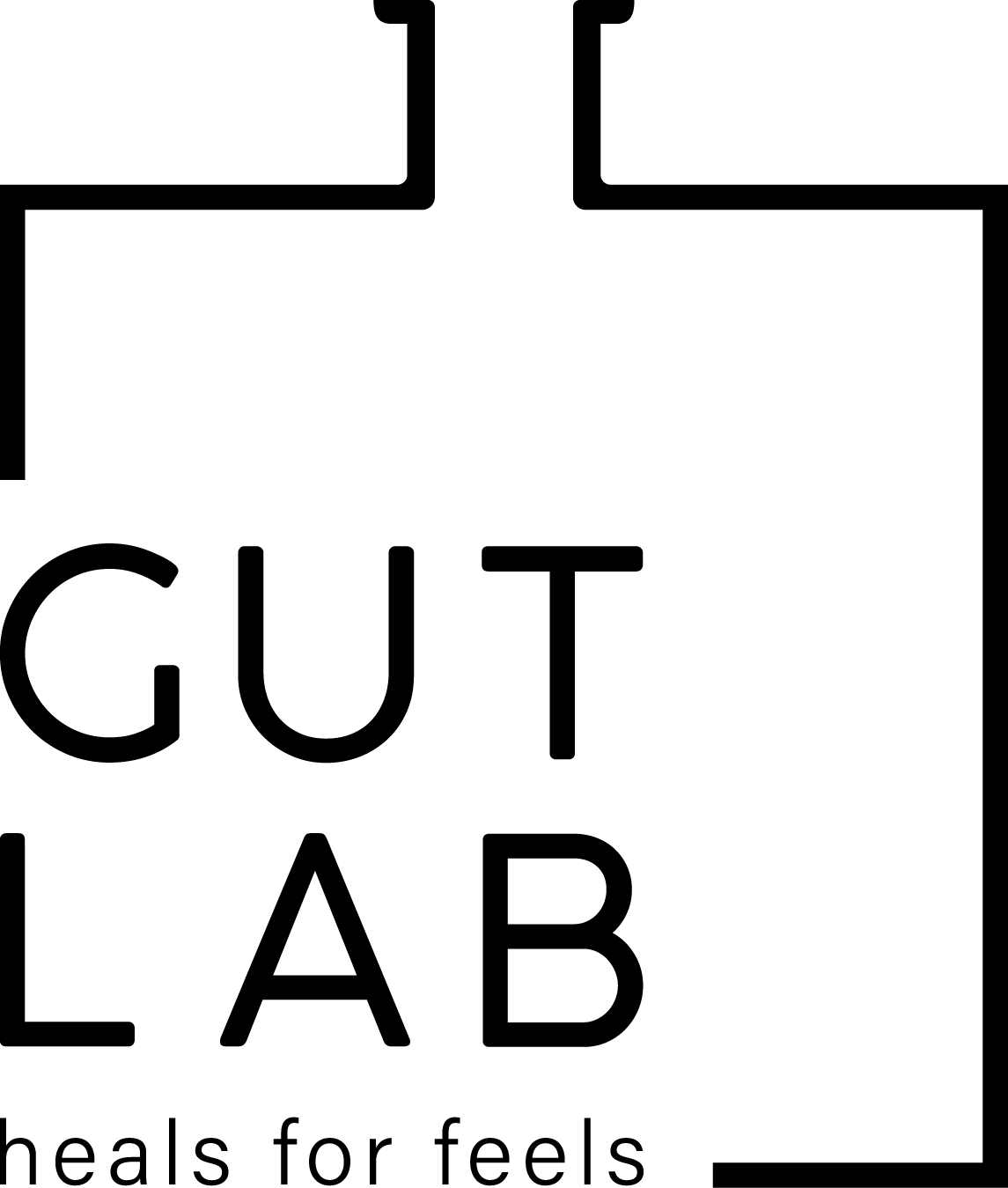9 easy ways to reduce bloating and constipation.
1. Stop eating fluffy white foods with no nutrients.
(bread, oats, pasta, bakery goods, barley, rice, quinoa, buckwheat, and all the other over-glorified pseudo grains).
Gluten and wheat are obvious gut irritants which cause and sustain gut inflammation. Less obvious culprits like rice and all the popular pseudo grains provide starches which promote out-of-balance microbiomes, and feed gut infections such as parasites. Fill their places with nutrient dense whole foods instead, like quality proteins, colorful cooked veg, and natural fats.
2. Start drinking bone broth daily.
Bone broths and natural meat stocks contain collagen, gelatin and amino acids like glycine which help repair the gut wall and restore healthy gut function. When the gut undergoes repair, inflammation subsides, and digestion improves. Like all natural therapies, it works best when done consistently over a decent period.
Bonus tip – collagen and gelatin provide incredible benefits for connective tissues, your joints, and healing from physical injuries.
3. Cut out (or down on) raw veg (calm down, it’s not forever)
Raw veggies, on an inflamed and congested gut, are very difficult to break down and extract nutrients from. When the gut struggles to digest them, they can end up sitting and fermenting, causing bloating, gas, and constipation. When this happens for extended periods of time, the colon can become severely congested. Focusing on cooked and fermented veggies is much better for gut motility, healing and digestive capacity.
4. Manage stress.
The most annoying tip ever! I know! But seriously, cortisol (the main stress hormone) is a helluva substance, and it wreaks havoc on your gut health when it is chronically elevated. Managing stress and engaging in activities that activate your parasympathetic nervous system (aka ‘rest and digest’, the opposite of ‘fight or flight’) can do wonders for reducing gut inflammation and symptoms of blockage.
Get a massage, attempt a meditation habit, read a book on the couch or take a slow walk in nature. These simple practices do wonders for your gut health and motility.
5. Consume fermented dairy, preferably from raw milk, otherwise organic, daily.
Fermented dairy from raw milk provides live cultures which help restore and maintain a healthy microbiome, along with beneficial enzymes and vitamins. When milk is pasteurized and/or homogenized, these cultures, enzymes and vitamins are destroyed, however fermentation can restore some live cultures. Hence organic yoghurt or kefir is helpful, even if not made with raw milk. Conventional supermarket dairy is a bit different, as the cows used to produce those products are routinely given antibiotics and growth hormones which we consume when we eat commercial dairy products.
6. Avoid unnecessary use of pharmaceutical products.
All drugs, if you read the list of ‘side’ effects, harm your gut and affect digestion. It’s not just antibiotics, although they are a clear bomb to your gut health as they destroy your microbiome and make it very difficult to restore. The contraceptive pill, antacids, NSAIDS, you name it, they are all damaging to your gut. Consider better methods for general health management and save pharmaceuticals for more acute or emergency situations.
7. Obviously, avoid processed foods.
In 2024 I feel like this is stating the obvious, but perhaps it is still necessary. Processed oils are possibly the worst thing you can put in your body, this means hot chips, bottled dressings, sauces and condiments, and unfortunately most or many restaurant meals. Additionally, sugars, processed and refined carbs and even heavy metals (unfortunately found in rice, fish, cereals, coffee and supermarket baby foods) can all feed the ‘bad bugs’ in your gut, contributing to inflammation and bad digestion.
8. Include prebiotic foods in your daily cooking.
These are the foods that help feed the beneficial microbes in your gut, enabling your microbiome to be full of favorable and diverse microbial populations. Top prebiotic foods are asparagus, garlic, onion, leek, chicory root, Jerusalem artichokes and bananas.
9. Keep hydrated with quality mineral rich water.
Toxins cannot be carried out of the body if you are not properly hydrated. If you haven’t already got a great water filtration system that removes chlorine, fluoride and other toxic substances from your water then put it at the top of your list. On top of that, ensure your drinking water is re-mineralized. Hydrogen water is new on my agenda, as it can reduce oxidative stress in the body.
Bonus tip- add to your 1L water bottle ½ – ¾ tsp of Celtic sea salt (which is naturally rich in electrolytes).
If you are suffering with digestive problems, you don’t have to. Work with Sarah to get to the root cause of your gut imbalances and achieve a dietary protocol that you enjoy which allows you relief from your symptoms.




